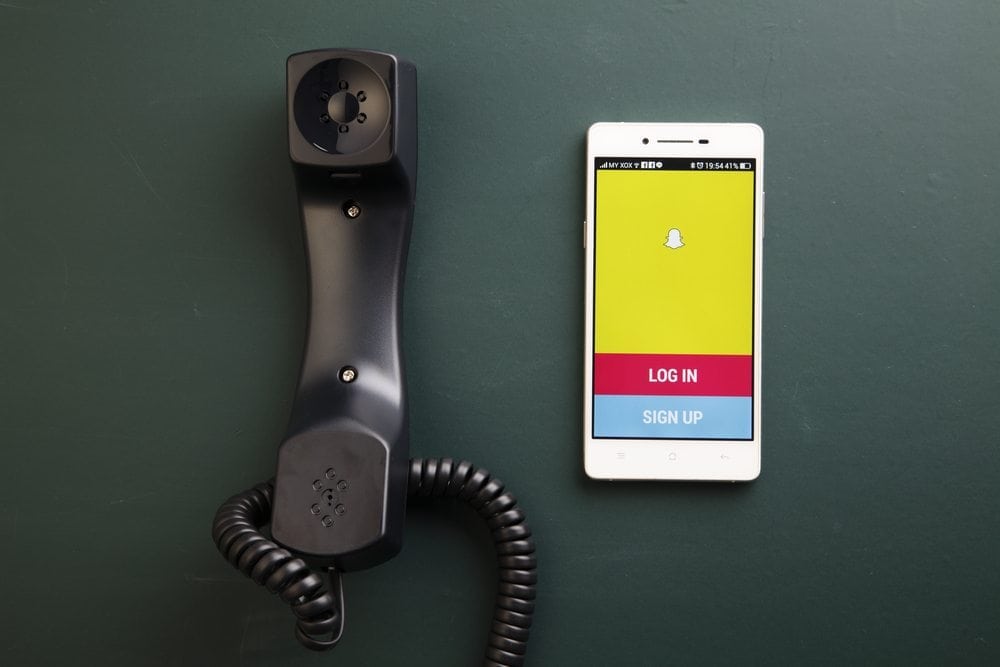Don’t have a Trump Twitter Plan yet? Here’s why one expert thinks you should start thinking about one if you own a business, no matter the size.
The President may be limited to 140 characters, but that doesn’t stop Donald Trump from continually pushing the envelope with his tweets to the world. Even before being inaugurated, Trump has been able to remarkably impact markets and sway CEOs through the influence of his Twitter account.
But the #TrumpTweetEffect, a hashtag now trending on – you guessed it – Twitter, seemed to have met its match when he unapologetically called out Nordstrom for dropping his daughter Ivanka’s clothing line.
My daughter Ivanka has been treated so unfairly by @Nordstrom. She is a great person — always pushing me to do the right thing! Terrible!
— Donald J. Trump (@realDonaldTrump) February 8, 2017
With PR in mind, the retailer issued a statement avoiding emotion and even politics. Although, not everyone was buying the company’s explanation, Nordstrom said the decision to drop the Trump brand had nothing to do with politics and everything to do with plummeting sales.
@polowhite Over the past year, the brand’s performance has declined – our teams have decided not to buy additional product for now.
— Nordstrom (@Nordstrom) February 8, 2017
“Nordstrom is an example of exactly what to do in this situation,” says Dr. Rob Fazio, of OnPoint Advising.
Nordstrom’s stock took a hit at first, but by the end of the day? They were back up on top.
Fazio, an expert in crisis communications for Fortune 500 companies, says Nordstrom’s response is an opportunity for businesses, both big and small to devise a “Trump Tweet Plan.”
And we know what you may be thinking: what are the chances that the leader of the free world will smack-talk my business to his more than 24 million followers? Fazio says to think of your Trump Tweet Plan like insurance. Besides, the President’s tweets are a valuable lesson in crisis communication.
How will your business handle twitter attacks in general?
“The beauty of social media is open access,” Fazio says. “The downside is that it provides a platform to any disgruntled customer.”
So, how can you be proactive about your crisis communications strategy? Fazio lays out these four key steps to follow.
1. Make a plan
The key to coming out on top in a Twitter war is to avoid an emotional reaction. Easier said than done, right? Fazio says the emotional impact of a social media comment can make the situation feel like it needs an immediate response. That’s why he recommends having a protocol in place.
“Your plan should consist of how you communicate, what you communicate, and who you consult.”
Just because your company is the target of a tweet that could generate bad publicity doesn’t mean you have to respond on the same platform. Consider writing an Op-Ed, a LinkedIn post, issuing a statement, or creating a video to articulate your message.
“You don’t want to give the person making the comment ‘homefield advantage.’ Where can you most effectively get your point across? That’s where you should be,” Fazio says.
- Get the message right
What Nordstrom did so right was avoiding an emotional reaction. Fazio admits it can be a challenge convincing the alpha personalities that lead the country’s biggest companies not to let their damaged reputations cloud their judgment.
“Don’t take them on directly,” he cautions about addressing critics. “Align with them and shift.”
Companies can still have conversations and hold meetings with those they disagree with. A lot more can be accomplished through a seat at the table than a shouting match online.
- Plan for your top 5 worst case scenarios
When you’re dealing with the endless possibilities of what can be said on social media, a multi-faceted approach to crisis management is best.
“Ask yourself, what are the five most terrible things someone could say about us? Then plan how you would set the record straight in those situations,” Fazio advises.
In each response, he adds, you should be appreciative of the feedback, share the facts, then let it dissipate. Above all, ensure every message relates to the values your brand stands for.
- Build your communications team
Even if you’re a solopreneur, having a team to consult about your communications can be extremely valuable. Look beyond your friends and relatives. Start pulling together opinions you respect, even if they differ from your own.
“Make sure you’re tapping into people that disagree with you. It might not be easy, but it’s so important to see outside of your own vision,” Fazio says.
Keep these three tips from Fazio in mind when considering who is on your team:
- Are they credible?
- Are they candid?
- Are they connected?
In other words, your advisors should have experience in your field. You should be able to trust they’re telling it to you straight. And, they should have rare insight about succeeding in your industry.
With these tips, even small businesses can master the communications plan. In some ways, the smaller a business, the more impact a response can have. Fazio is a proponent of showing subtle strength, as opposed to desperation.
So, we’ll boil it down to this simple, yet powerful thought: tweet others like you’d want to be tweeted.
Like what you’re reading? Access HER magazine’s monthly publication in iTunes or Google Play – it’s where we feature powerhouse women you can learn from and share exclusive content you won’t find here.
Downloading our app is super simple. Here’s how:








